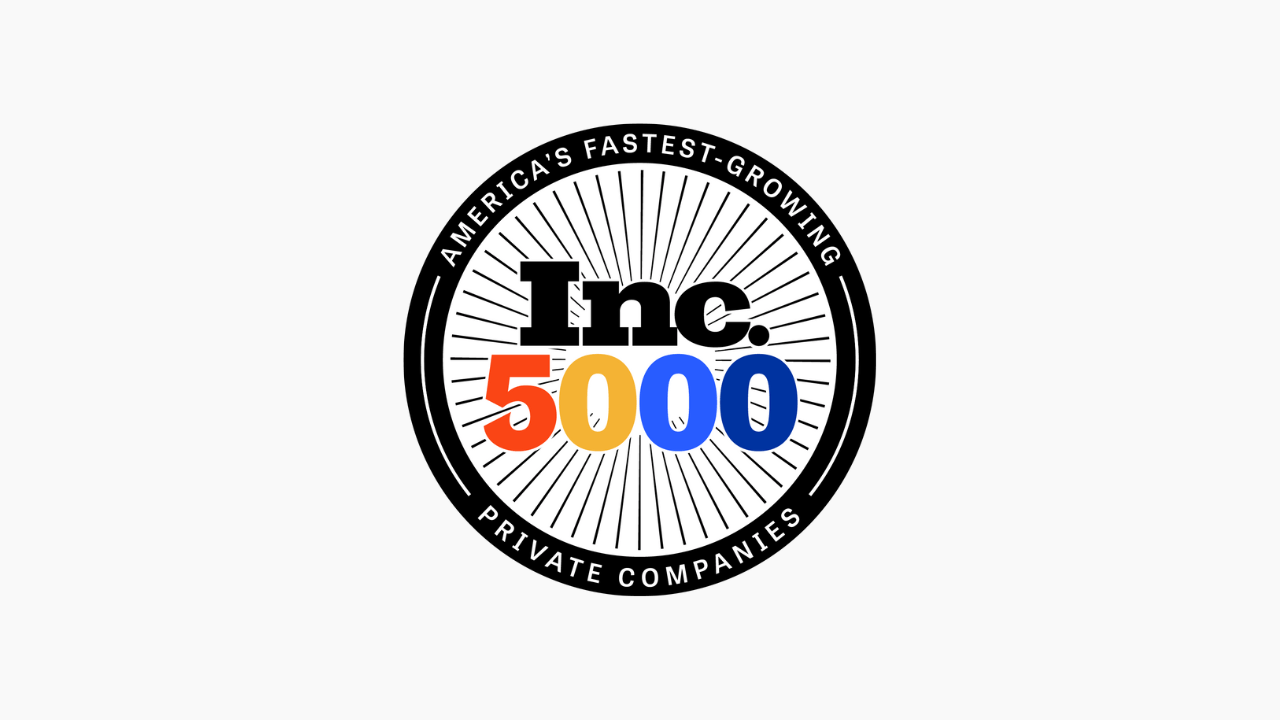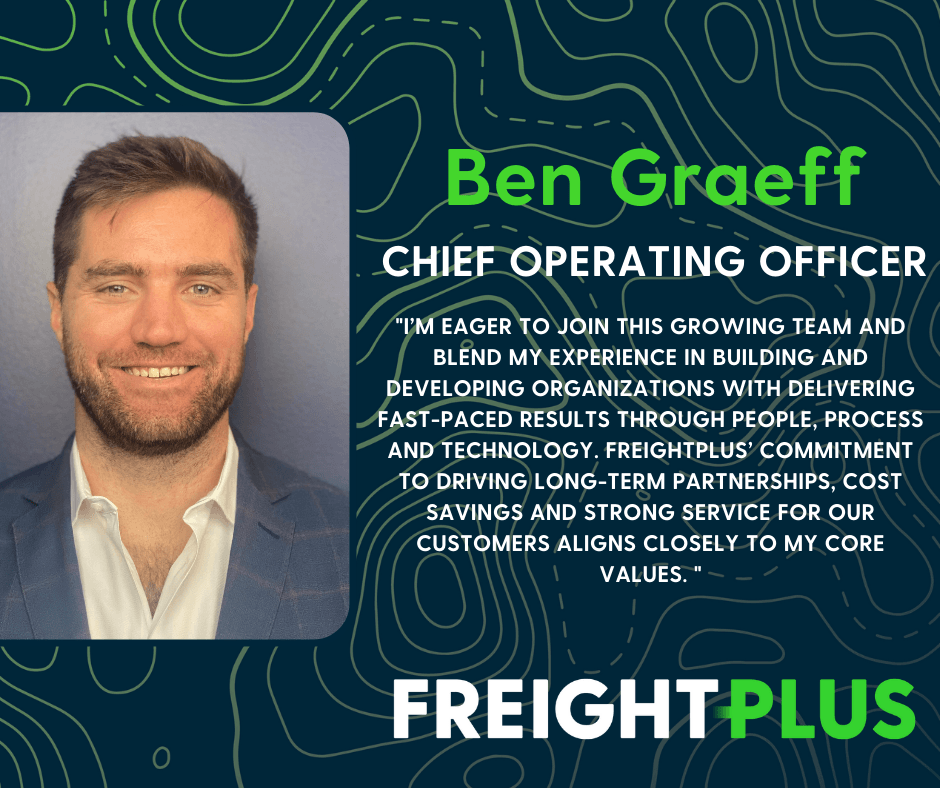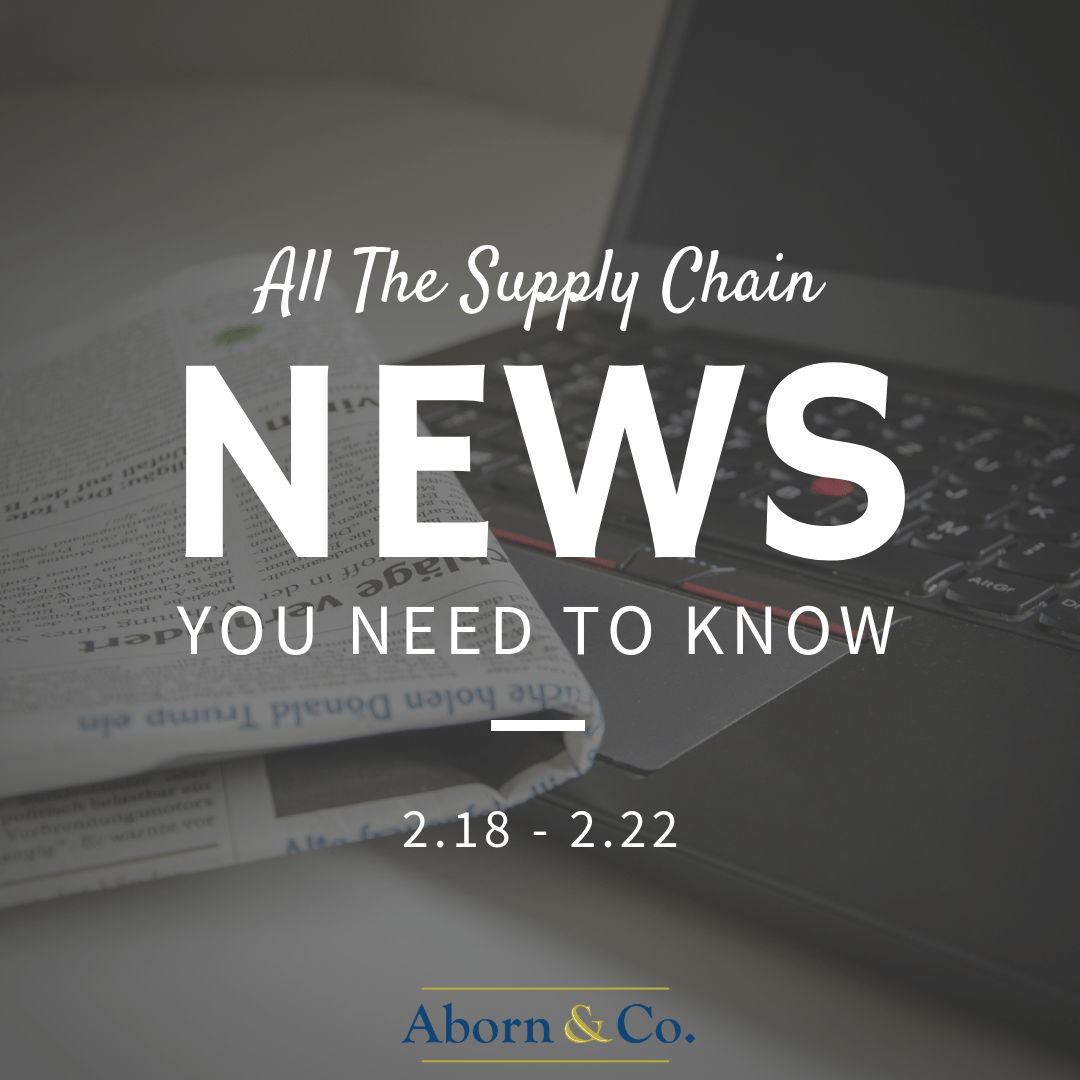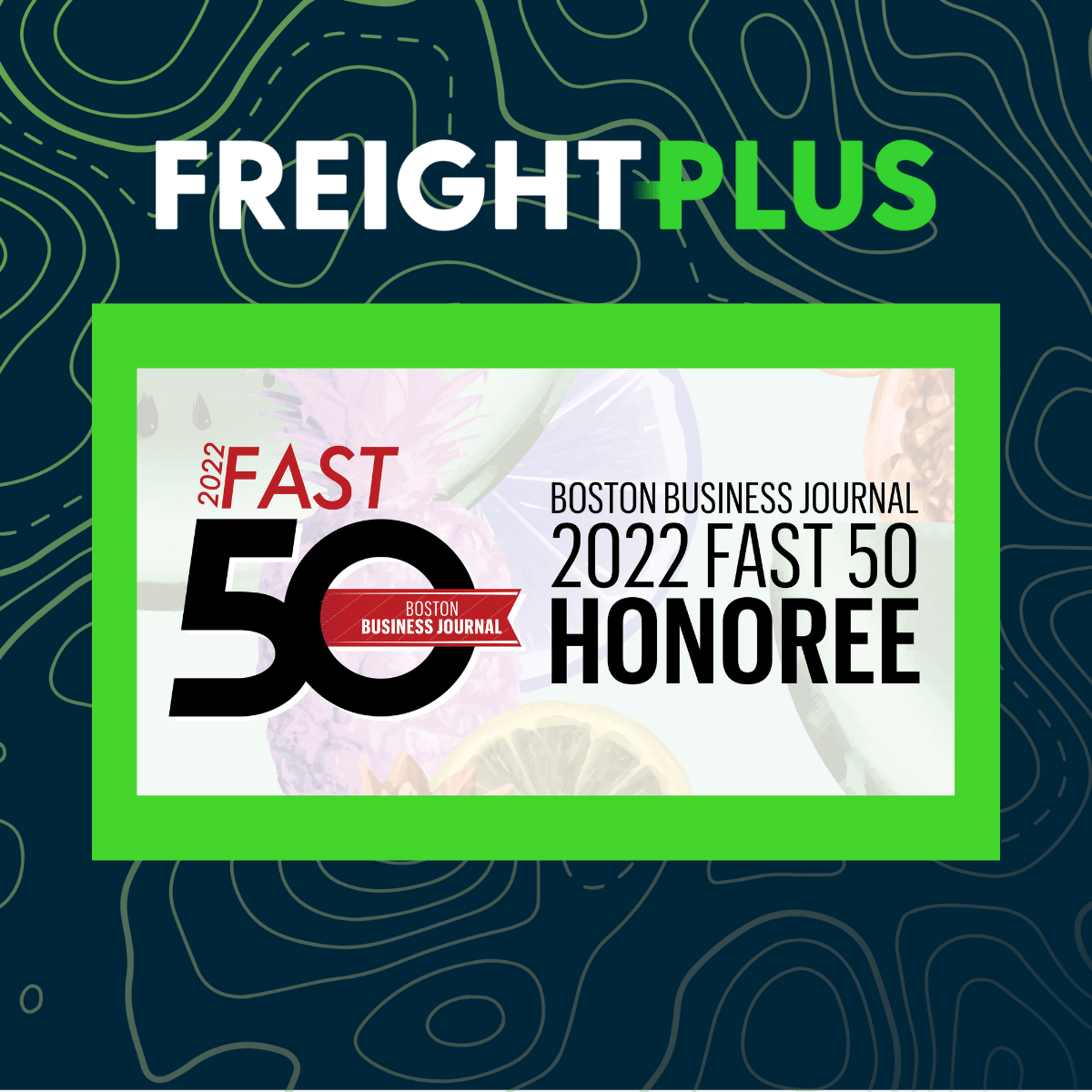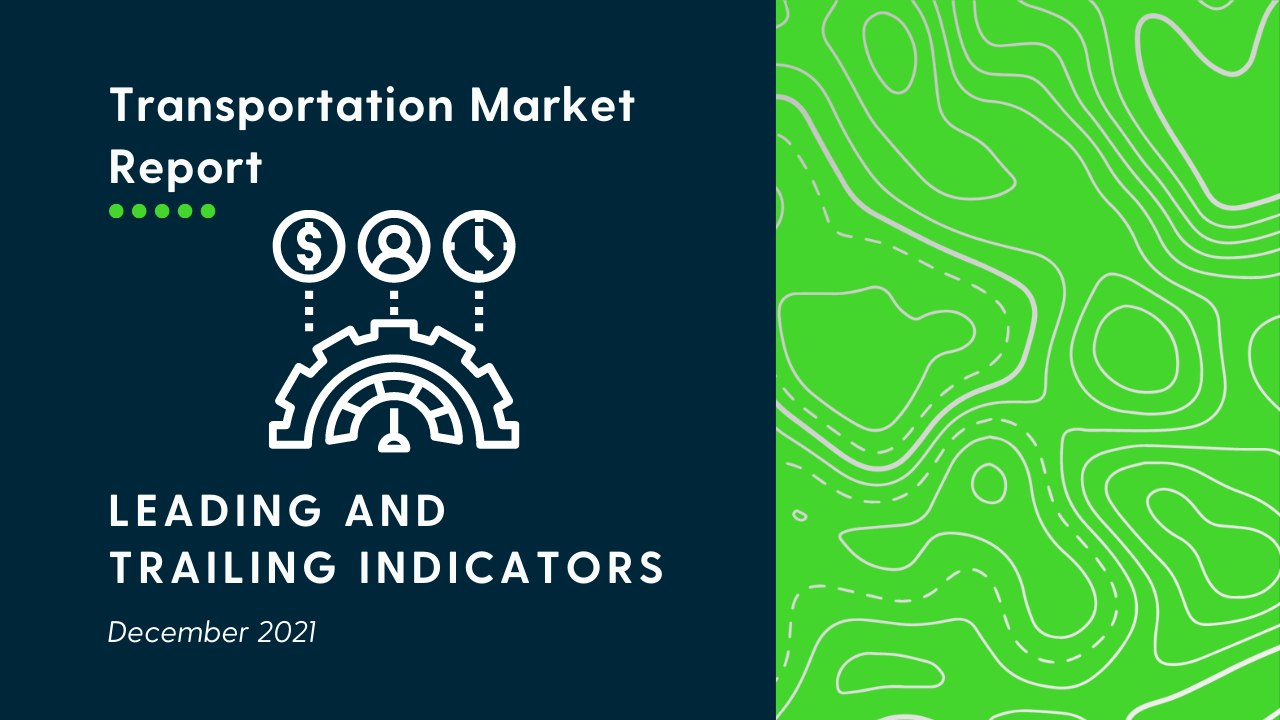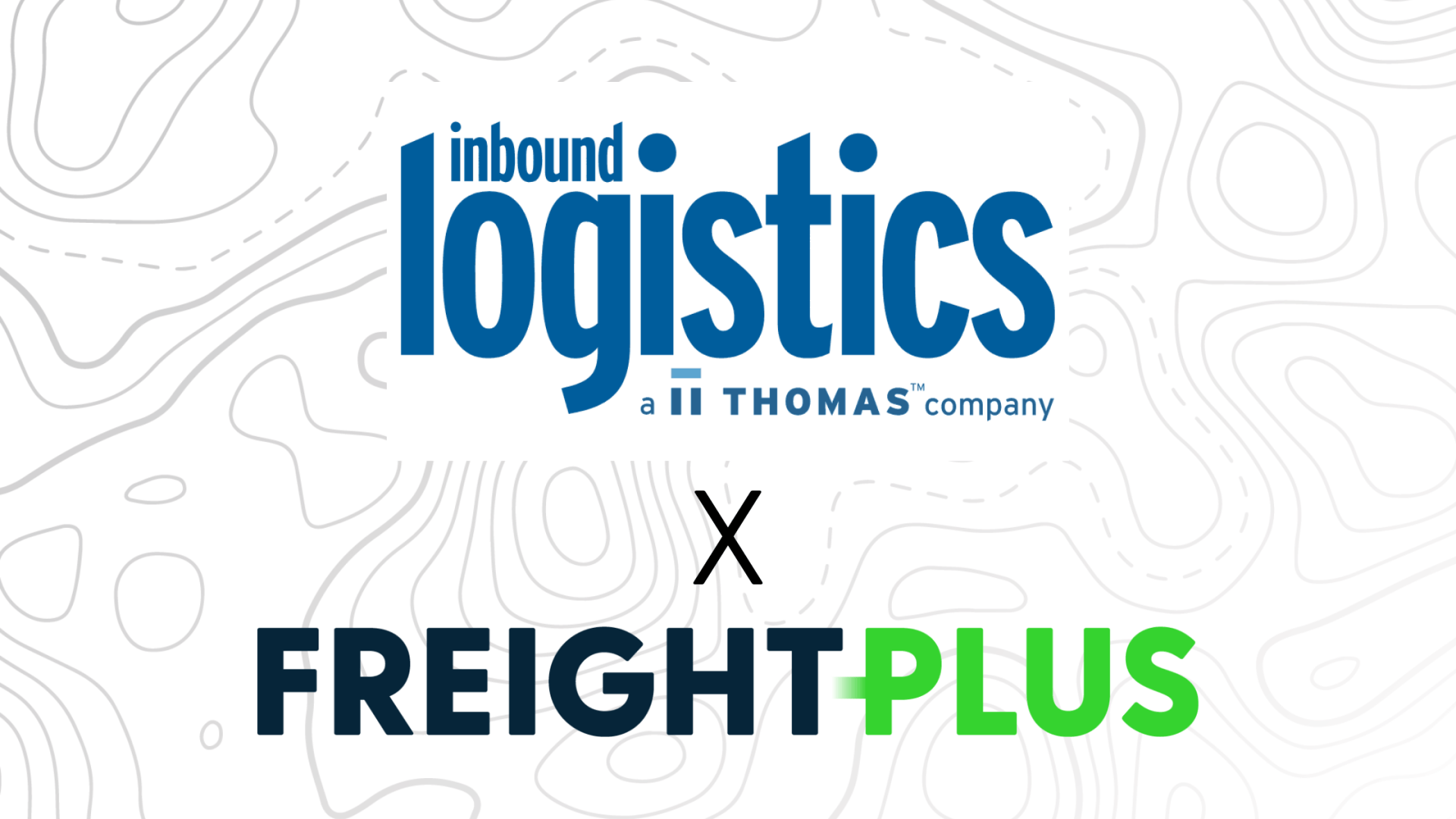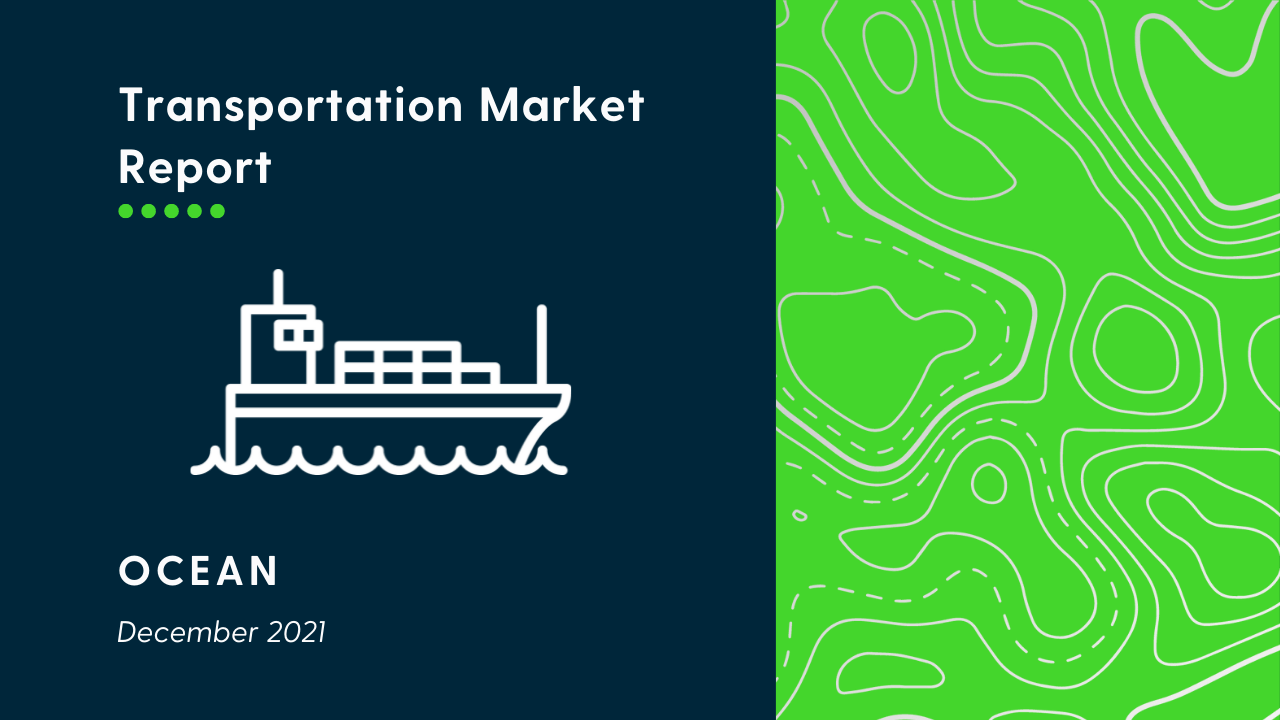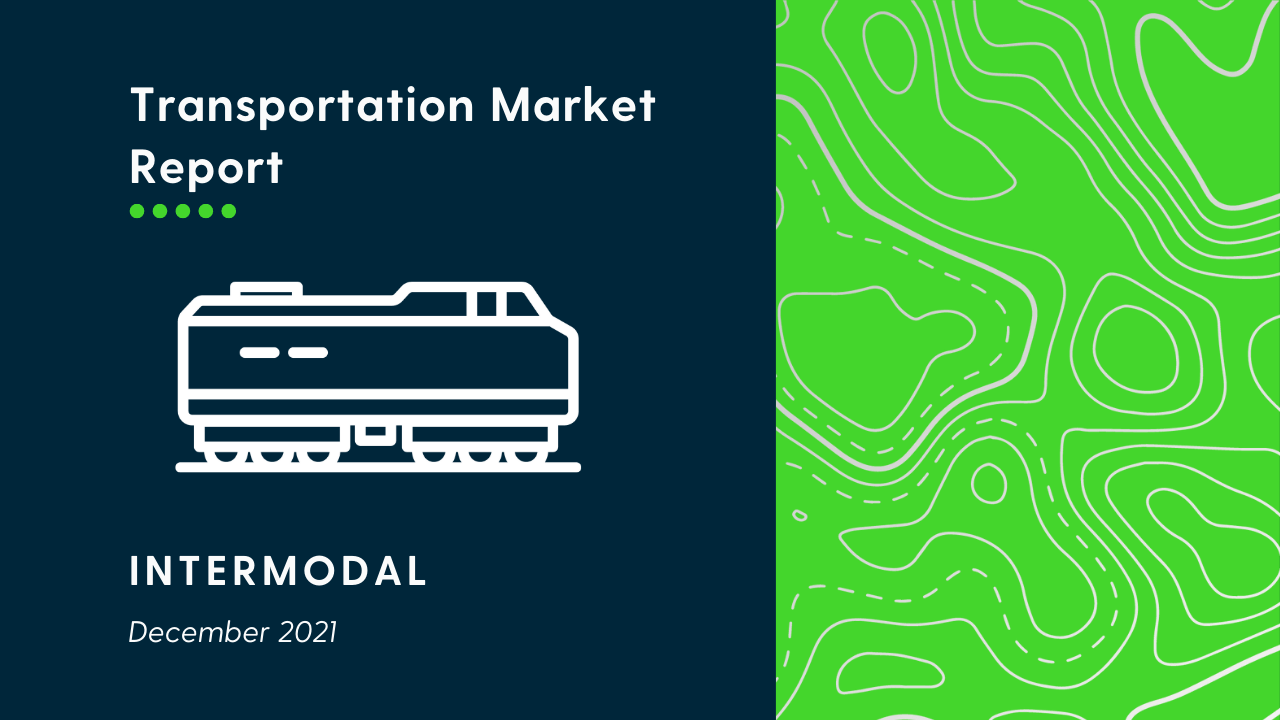All The Supply Chain News You Need To Know 2.18-2.22
Amazon promises 50% net-zero carbon shipments by 2030.
Dave
Clark, SVP of Worldwide Operations at Amazon, made the pledge in a blog published
Monday. The new initiative, called “Shipment Zero,” signifies Amazon’s first
serious look at presenting a sustainable shipping model to the public.
Currently, Amazon does not release any facts regarding their green efforts and
unlike 85% of Fortune 500 companies in 2017, they did not publish a
sustainability report. Amazon is also the largest publicly traded company to
not participate in the Carbon Disclosure Project. However, according to Clark’s
blog, that could change in the near future. “We plan to share Amazon’s
company-wide carbon footprint, along with related goals and programs, later
this year,” the SVP wrote.
Trucking spot rates on the rise. While a seasonally weak winter has led to lower spot rates in 2019, load-to-truck ratios are up 3.5%. These increases are occurring a month in advance and could signify that we’ve already hit the bottom on reduced trucking rates.
West coast importers trying to beat tariffs find warehouses short on space. Freight volumes in December and January were bolstered by two major factors: U.S. trade war tariffs and China’s Lunar New Year. These significant increases in imports have shippers contending with another issues: where to put the goods. “In 30 years, I’ve never seen anything like this,” said BJ Patterson, chief executive of warehouse operator Pacific Mountain Logistics in San Bernardino, CA, told The Wall Street Journal. While import volumes surged 9% YoY, warehouse availability is down to 4.6% in Los Angeles. That’s more than 2 points lower than overall US warehouse availability, which fell to 7%, according to CBRE Group Inc. Shippers hoping to avoid tariffs are now stuck with another bill: millions in warehouse fees.
Trucking industry sues to stop truck-only tolls. While states seek out ways to fund road, bridge, and infrastructure repairs, The American Trucking Association is helping state trade groups battle back against tolls. “It’s absolutely ridiculous,” said Jeff Shefchik, president of Paper Transport Inc. in De Pere, Wis. To Trucks.com. “Why collect revenue to build roads when there is a cheaper way, which is the fuel tax?” The ATA would rather see federal diesel and gas taxes raised by 20 cents per gallon over the next 4 years. US roadways received a D grade in the American Society of Civil Engineers most recent report.
Retails look towards AI for intelligent automation. A new study by the National Retail Federation and the IBM Institute for Business Value reports that 40% of surveyed shippers are “already engaged in some form of intelligent automation.” More than 80% of respondents expect to implement intelligent automation by 2021. The companies that are using intelligent automation reported the following deliverables, improved quality and speed of decisions (83% of respondents), increased operational agility (81%), increased operational efficiency (79%), extended and expanded capabilities (71%) and increased revenue growth (70%).
Cargo thefts down 19% in 2018 but California still leads pack.
Last year 592 cargo thefts were reported with an average cost of $142,342.
Thieves favored electronics (20%) and home and garden products (16%.)
California lead all states with 26% of thefts, followed by Illinois (10%).
Thieves also favored full truckloads (74%) to pilferage (18%), facility thefts
(4%), and fictitious pickups (3%.)
In this week's, "Where's my freight?!"
Checkout the latest episode of our podcast !
Listen below or subscribe now on iTunes , Spotify , or simply search your favorite podcast player for Consulting Logistics!

